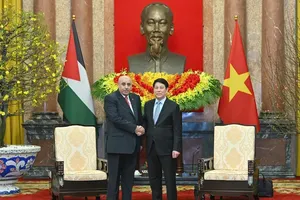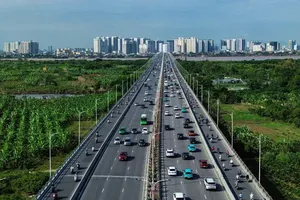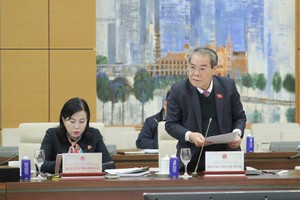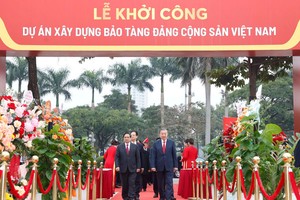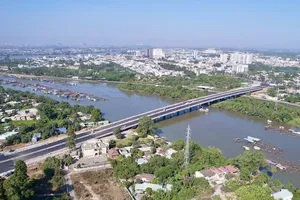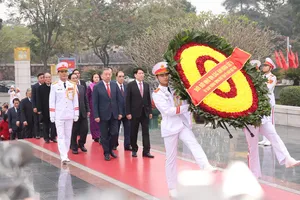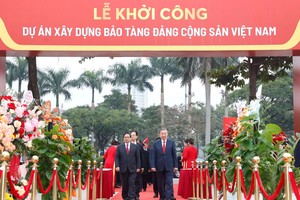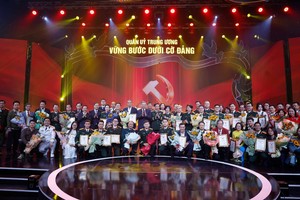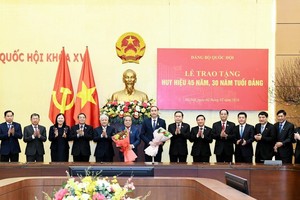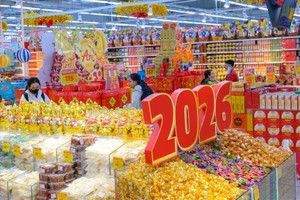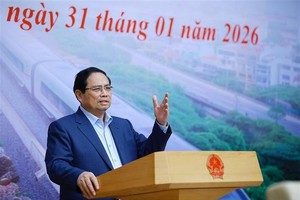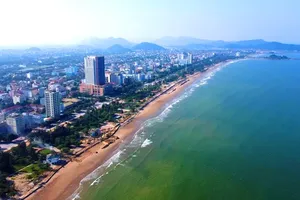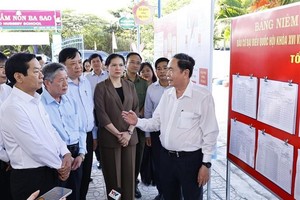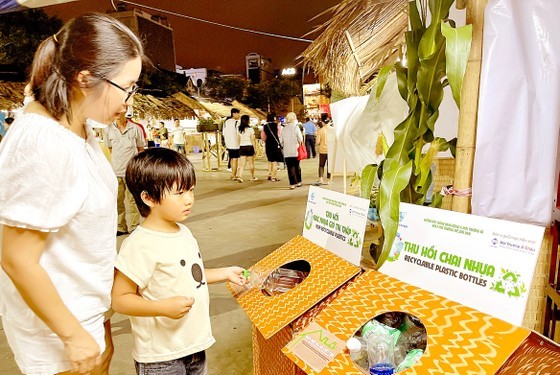 |
Responding to the World Environment Day, HCMC held a Green Festival in Khanh Hoi Park of District 4 (Photo: SGGP) |
To reach the Net Zero Emissions goal, the recycling of waste is one key factor. The EU has pointed out that this process, when done properly, can cut 200 million tonnes of CO2 released into the environment per year, not to mention its profitable side. For instance, every tonne of recycled steel saves 1.1 tonnes of iron ore, 625kg of coal, and 53kg of raw limestone.
Sadly, in Vietnam, even though various waste recycling projects have been launched so far, none is considered a successful case. The main factor leading to this failure is the inability to sort waste at the source for the best economic and environmental outcomes. Most waste-sorting-at-source schemes in the country are pilots only, without sustainable results.
The Environment Protection Law 2020 does stipulate that waste must be sorted at the source, yet none is about actions after that. The regulations on administrative punishments for not sorting waste at the source as stipulated came into effect in August 2022, but have hardly been implemented.
Experts in the field commented that plastic is the most promising material for recycling. The report by the International Finance Corporation and the World Bank reveals that recycling 1 tonne of plastic saves 3.8 oil barrels besides other overhead costs. Every year in the world, 80-120 billion US$ is lost due to plastic packaging not being recycled.
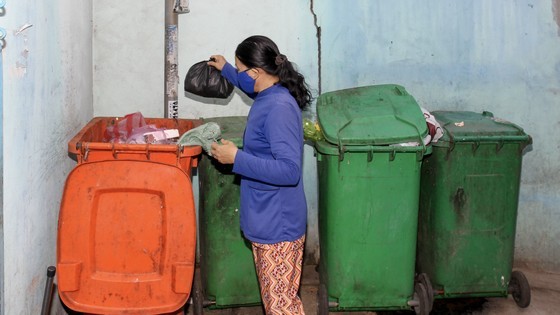 |
Sorting waste in a residential area in Ward 10 of District 6 (Photo: SGGP) |
In Vietnam, about 3.9 million tonnes of plastic waste is thrown away per year as each household uses 1kg of plastic bags per month on average. However, 80 percent of this amount is directly disposed of. In Hanoi and HCMC alone, 80 tonnes of plastic waste are released into the environment a day. If this volume is all recycled, the total value of materials will be equal to $3.4 billion per year. In reality, only 33 percent of this waste amount is recycled, meaning a waste of over $2 billion.
The volume of domestic solid waste at present:
_Nationwide: 60,000 tonnes a day
_Hanoi and HCMC: 7,000-9,000 tonnes a day
The estimated volume of solid waste in the future:
_HCMC in 2025: 12,249 tonnes a day
_Hanoi in 2030: 1.5 times as much as the current figure
There are various reasons leading to the low amount of recycled plastic waste, such as waste not sorted at the source, only high-value plastic waste collected, simple and small-scale recycling activity, outdated recycling technologies, low-quality recycled products with ineffective economic value, plastic waste from domestic solid waste not welcomed by large recycling businesses.
Vietnam is ranked as one in the top-17 nations releasing the highest volume of plastic waste into the ocean. Therefore, recycling plastic waste is a must for the country in order to tackle pollution issues, reduce greenhouse gas emissions, and save costs of importing plastic pellets and end-products. Reports show that in 2021, the domestic plastic industry had to import $11 billion of virgin plastic resin and $8 billion of plastic end-products or semi-end products.
In addition, it is necessary to invest in advanced low-cost technologies for plastic recycling that are suitable for the capacity and conditions in Vietnam. This being done, the mechanical engineering for recycling equipment will develop correspondingly, creating millions of job openings.
Assoc. Prof. Dr. Bui Thi An, Head of the Institute for Natural Resources, Environment, and Community Development, said that it is critical to make finance aid more accessible to plastic recycling projects via developing simpler sponsor regulations. The Government can set a model by green purchases and labeling a symbol on recycled plastic products. Simultaneously, the community should join hand in propaganda campaign for this matter.
